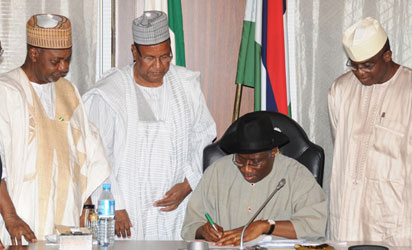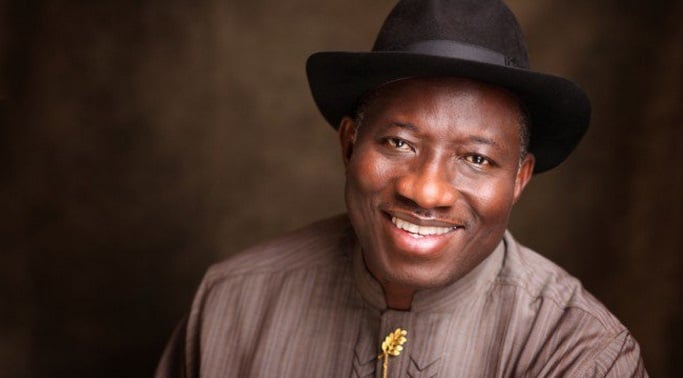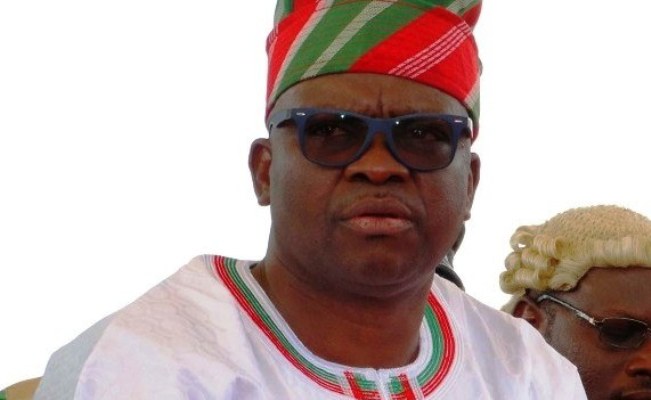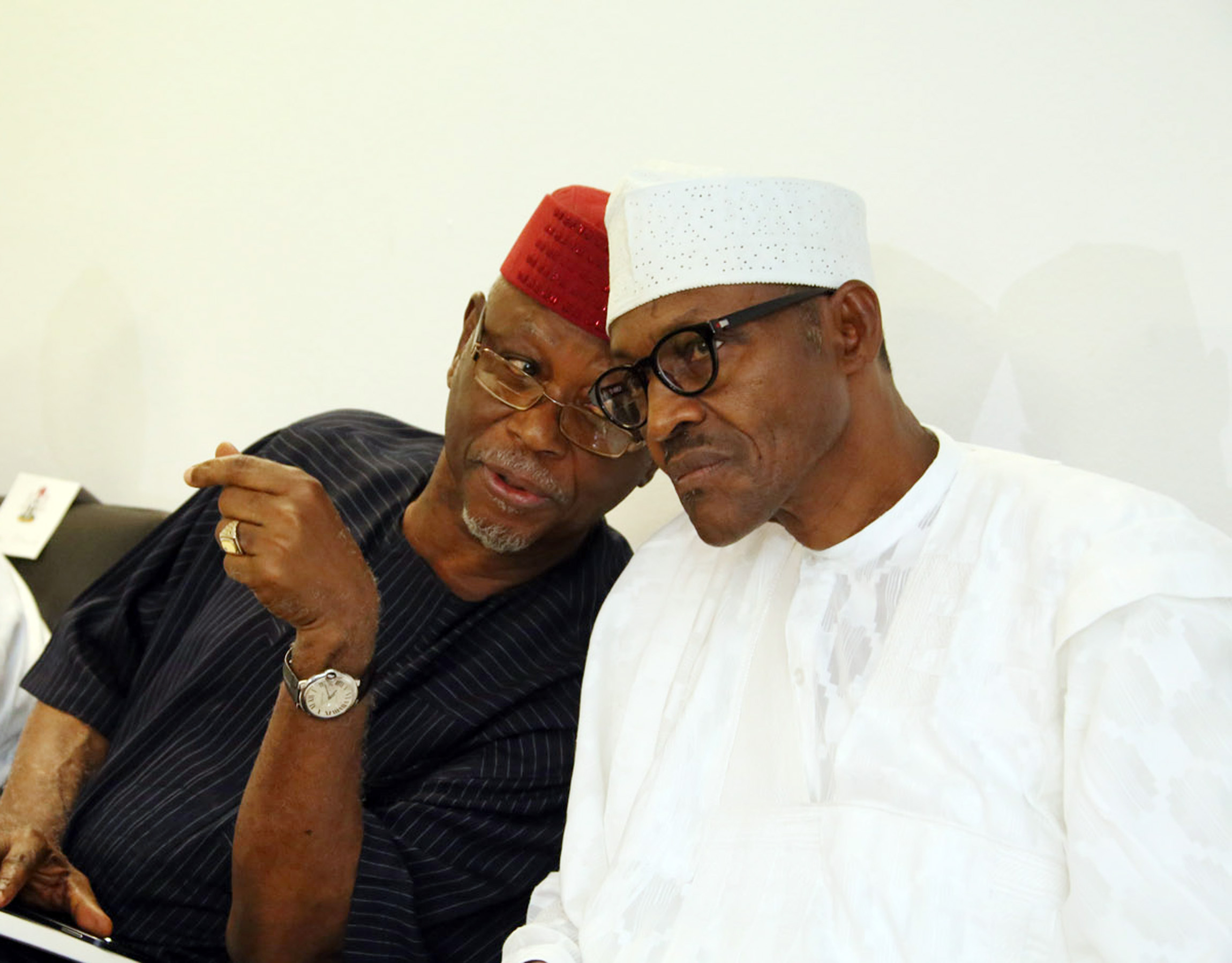Jonathan declared state of emergency in parts of Borno, Adamawa and Yobe
After five years in power as Nigeria’s first citizen, Goodluck Jonathan, has joined the league of “yesterday’s men”, following Friday’s inauguration of Muhammadu Buhari.
That was four days ago; and in politics, four days is a very long time. Although Jonathan is now finally out of the limelight and his face is no longer the sexy choice to accompany newspaper headlines, our hearts will wander to him from time to time, and here are five positive reasons why:
ASSENT TO CONTROVERSIAL BILLS

On May 30, 2015, Muhammadu Buhari, the nation’s president and his vice president, Yemi Osinbajo, declared their assets to the Code of Conduct Bureau (CCB) – shielding the content of their declarations from Nigerians for the time being. As Nigerians began to complain, experts advised that anyone who was truly interested in the content of the declaration should make a request according to the dictates of the freedom of information (FOI) act – which, well, was signed by Jonathan.
The FOI bill had been on the floor for passage since the return of democracy in 1999, but never saw the light of the day, as Olusegun Obasanjo’s administration supervised its suffocation when it came close to passage in 2007. On May 28, 2011, Jonathan signed the bill as promised, creating room for transparency in Nigeria’s public space.
Advertisement
Another controversial but bold step taken was the January 13, 2014 accent to the anti-gay bill despite pressure from the western world, particularly the United States (US).
Although towards the end of his administration, Jonathan signed into law the Violence Against Persons Prohibition (VAPP) Act, prohibiting genital mutilation and all other forms of violence, what is truly worthy of note is that this bill had been in the national assembly since 2001 – a whopping 14 years.
Advertisement
Add a comment







